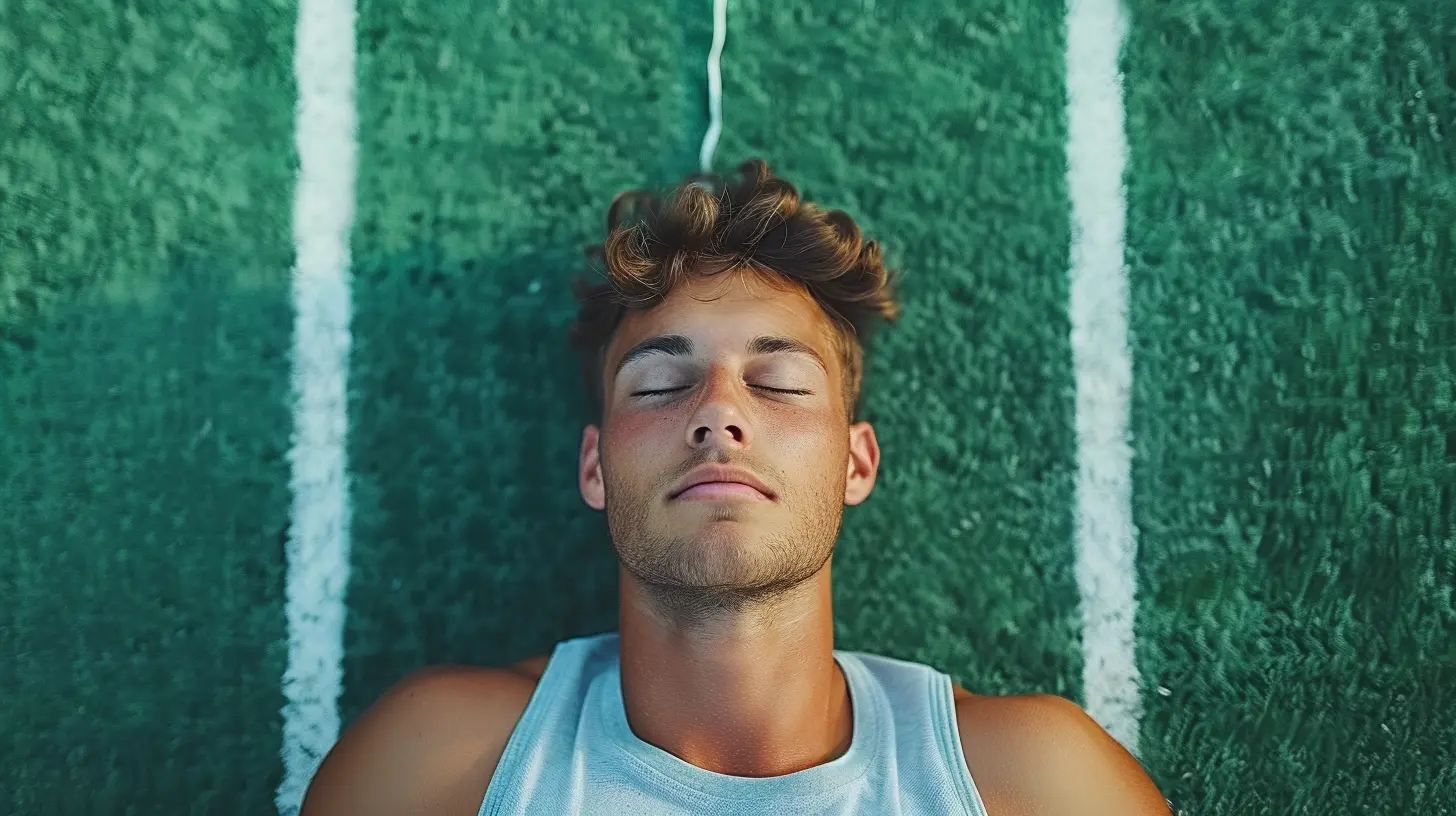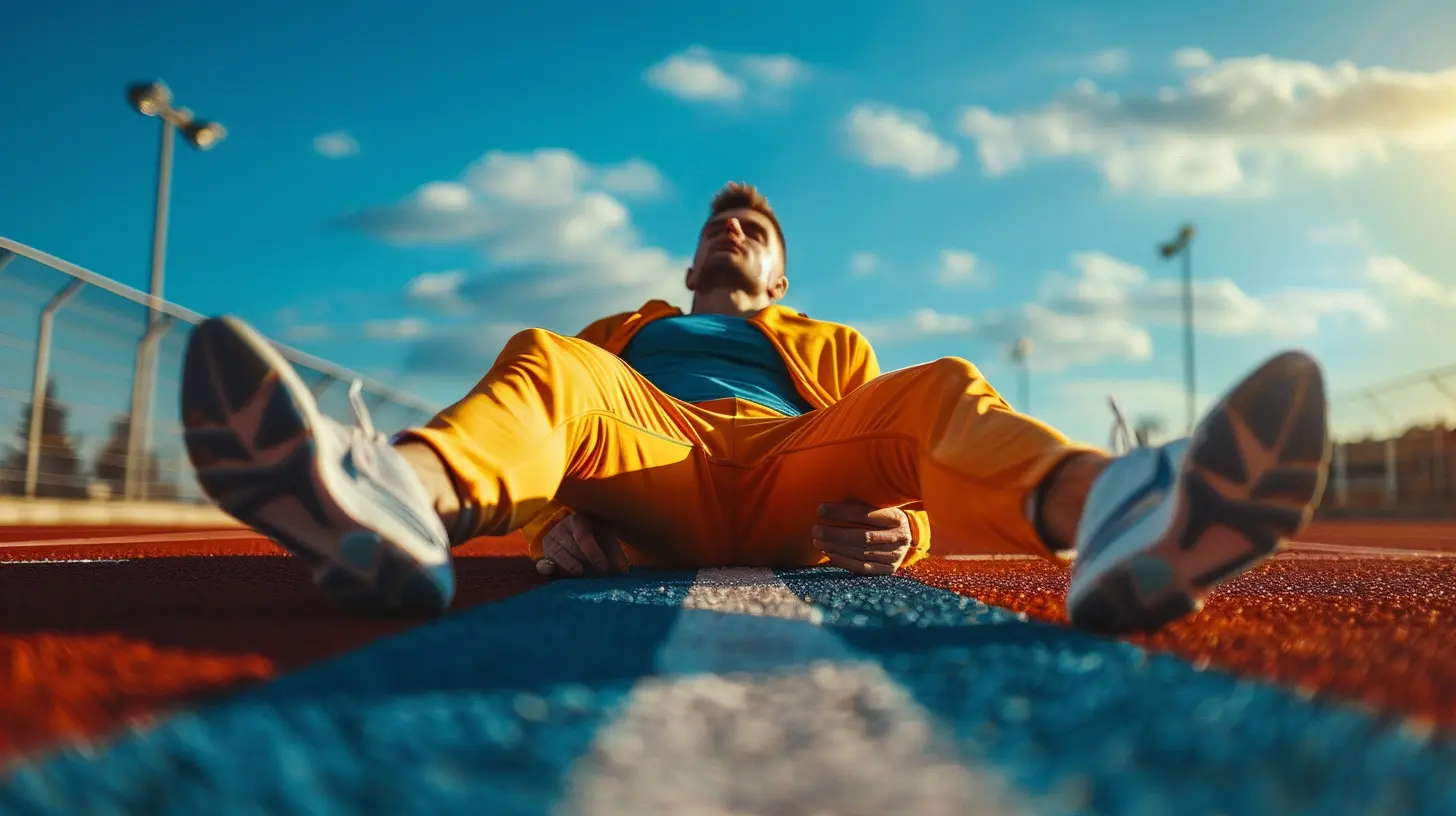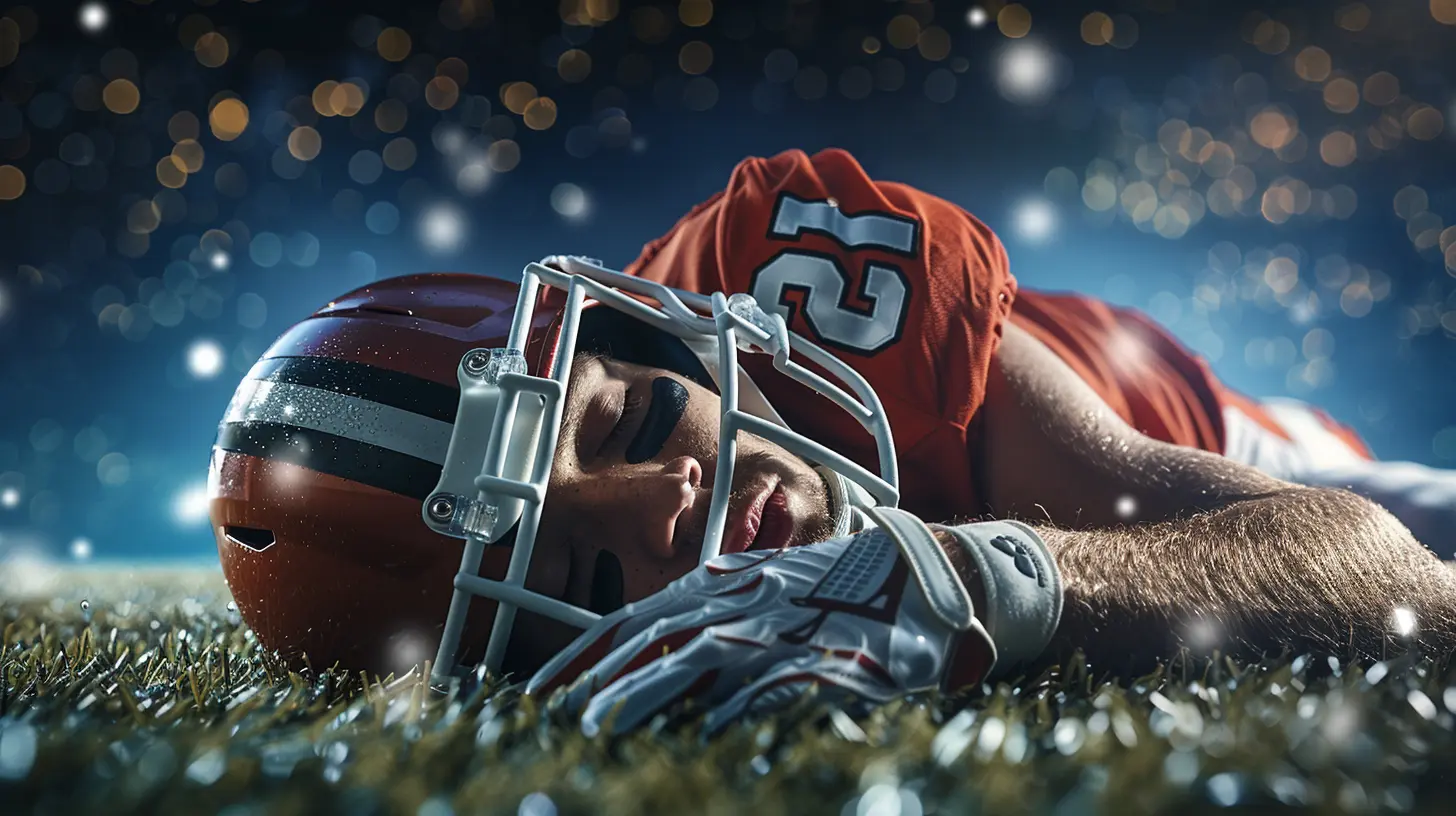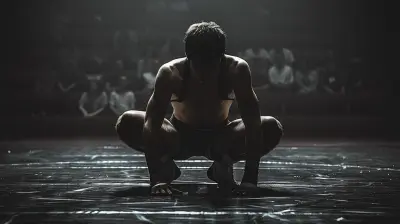Sleep and Sports Performance: The Science of Rest and Recovery
18 May 2025
Introduction
If you're an athlete or someone who takes fitness seriously, you're probably already obsessed with training, nutrition, and technique. But have you ever stopped to think about sleep?
Yep, good old-fashioned shut-eye is one of the most underrated performance enhancers out there. While everyone chases the latest supplements and training hacks, sleep is quietly doing the heavy lifting in the background, repairing muscles, refreshing the brain, and priming the body for peak performance.
So, how exactly does sleep impact athletic performance? And what happens when you don’t get enough? Let’s break down the science of rest and recovery and why sleep is the secret weapon every athlete needs. 
Why Sleep Matters for Athletes
Sleep isn’t just about feeling rested—it plays an active role in recovery, reaction time, and overall athletic performance. Here’s why it’s so critical:1. Muscle Recovery and Growth
Ever wonder why you wake up sore after an intense workout? That’s because your muscles go through a repair process while you sleep. Sleep triggers the release of growth hormones, which are essential for muscle recovery and development. Without enough rest, your body struggles to rebuild, making gains harder to come by.2. Enhanced Reaction Time
Sports aren’t just about strength and endurance; reaction time is just as important. Sleep deprivation slows down cognitive function, which can be the difference between making a game-winning play or missing the ball entirely. Studies show that athletes who sleep well have faster reaction times and sharper decision-making skills.3. Injury Prevention
Lack of sleep increases the risk of injuries. Fatigue = poor coordination, slower reflexes, and a higher chance of making mistakes. One study found that young athletes who slept fewer than 8 hours per night were almost twice as likely to suffer an injury compared to those who got more sleep.4. Improved Endurance and Stamina
Sleep helps regulate glucose metabolism, which directly impacts an athlete’s energy levels. Less sleep means lower glycogen stores, leading to quicker exhaustion during training or competition. If you want to last longer on the field or court, prioritize quality sleep.
The Science Behind Sleep and Performance
Understanding sleep cycles can help athletes optimize their rest and maximize their performance gains.The Stages of Sleep
Your sleep isn't just one long, uninterrupted state. It’s broken into different stages, each playing a unique role in recovery:- Stage 1 & 2 (Light Sleep): This is where your body slows down, heart rate drops, and muscles relax. It preps you for deeper sleep.
- Stage 3 (Deep Sleep): The powerhouse stage for recovery. This is when growth hormone peaks, muscle repair happens, and the immune system strengthens.
- REM Sleep (Rapid Eye Movement): The brain’s time to shine. This stage is linked to memory, learning, and cognitive function—crucial for athletes who need mental sharpness in competition.
Miss out on deep or REM sleep? You’re essentially shortchanging your recovery. 
The Sleep Needs of Athletes
While the average adult needs around 7–9 hours of sleep, athletes often require more due to the physical demands placed on their bodies.Many elite athletes prioritize 9–10 hours of sleep to enhance performance and recovery. Legends like LeBron James and Roger Federer reportedly clock in 10+ hours a night!
The Impact of Sleep Deprivation
Think missing an hour or two of sleep isn't a big deal? Think again. Sleep debt accumulates quickly, and its effects on athletic performance are brutal:- Slower reaction time (critical in sports like basketball, football, and tennis)
- Reduced muscle recovery (your strength and endurance suffer)
- Weakened immune system (making you more prone to illness and injuries)
- Increased stress and anxiety (which affects focus and confidence)
Even one night of poor sleep can negatively impact your performance, so consistency is key! 
Tips to Improve Sleep for Better Performance
Optimizing sleep isn’t just about going to bed early—it’s about developing habits that promote restful and high-quality sleep. Here’s how:1. Stick to a Sleep Schedule
Your body thrives on routine. Try to go to bed and wake up at the same time every day, even on weekends. This regulates your circadian rhythm and improves sleep quality.2. Create a Sleep-Friendly Environment
- Keep your bedroom cool (around 60-67°F or 16-19°C)- Minimize noise and distractions
- Invest in a comfortable mattress and pillows
- Make the room as dark as possible (blackout curtains work wonders)
3. Limit Screen Time Before Bed
Blue light from phones, tablets, and TVs messes with melatonin production (your sleep hormone). Try to avoid screens at least 30-60 minutes before bed.4. Mind What You Eat and Drink
- Avoid caffeine in the late afternoon and evening- Limit heavy meals right before bed
- Hydrate properly throughout the day, but don’t chug a gallon of water before sleep (because midnight bathroom trips are the worst)
5. Use Naps Wisely
Short naps (20-30 minutes) can boost recovery and focus, especially after intense training. But avoid long naps too late in the day, as they can interfere with nighttime sleep.6. Unwind With a Pre-Sleep Routine
Help signal your body that it's time to sleep by unwinding with calming activities:- Stretching or light yoga
- Reading a book
- Practicing deep breathing or meditation
How Elite Athletes Prioritize Sleep
Professional athletes understand that sleep isn’t a luxury—it’s a necessity for top performance.Take Usain Bolt, for example. The Olympic sprinting champion considered sleep a critical part of his training, emphasizing its role in muscle recovery and reaction time.
Even NBA teams have started adjusting travel schedules to ensure players get enough sleep, since poor rest can lead to sluggish performances on game day.
Tom Brady has credited his longevity in the NFL in part to his strict sleep regimen, ensuring he gets at least 9 hours of rest each night.
If the best athletes in the world are prioritizing sleep, why shouldn’t you?
Final Thoughts
In the world of sports, every edge counts. Athletes spend countless hours training, perfecting techniques, and fine-tuning nutrition—but sleep is often overlooked. Yet, it’s one of the most powerful tools for enhancing endurance, recovery, reaction time, and overall performance.Think of sleep as your body's built-in recovery system. Want to run faster, lift heavier, or play harder? Prioritize rest just as much as training.
So, the next time you think about staying up late binge-watching Netflix, ask yourself: Is it worth sacrificing performance? Your body—and your game—depend on quality sleep.
all images in this post were generated using AI tools
Category:
Sports ScienceAuthor:

Frankie Bailey
Discussion
rate this article
3 comments
Skyler Maddox
Unlocking secrets of sleep: could dreams fuel champions' victories?
May 29, 2025 at 10:49 AM

Frankie Bailey
Absolutely! Dreams may enhance mental recovery and creativity, potentially giving athletes a psychological edge in competition.
Kenna Evans
Adequate sleep is crucial for optimal sports performance, as it enhances recovery, boosts focus, and reduces injury risk. Athletes must prioritize rest to maximize their physical and mental capabilities for peak performance.
May 27, 2025 at 3:12 AM

Frankie Bailey
Absolutely! Prioritizing sleep is essential for athletes, as it significantly impacts recovery, focus, and injury prevention, ultimately enhancing overall performance.
Zinna Morales
Great insights! Sleep truly is vital for peak athletic performance.
May 23, 2025 at 4:22 AM

Frankie Bailey
Thank you! I'm glad you found the insights valuable. Sleep is indeed crucial for maximizing athletic potential!



